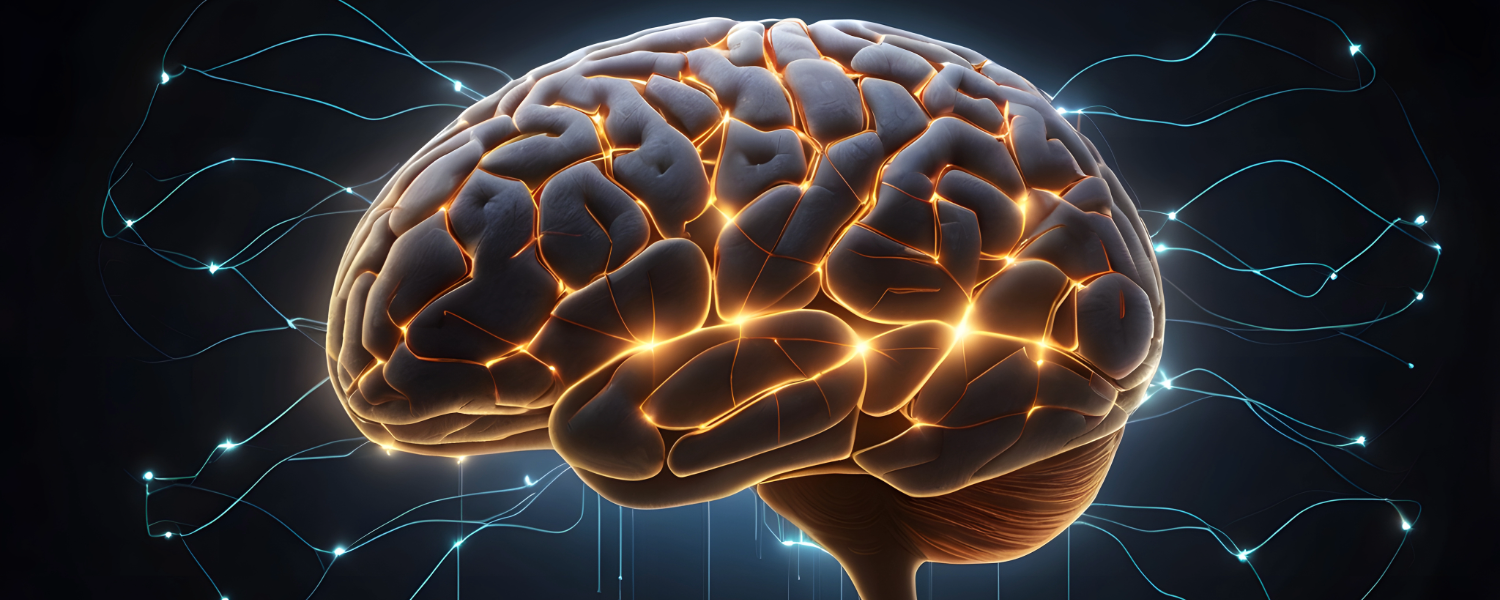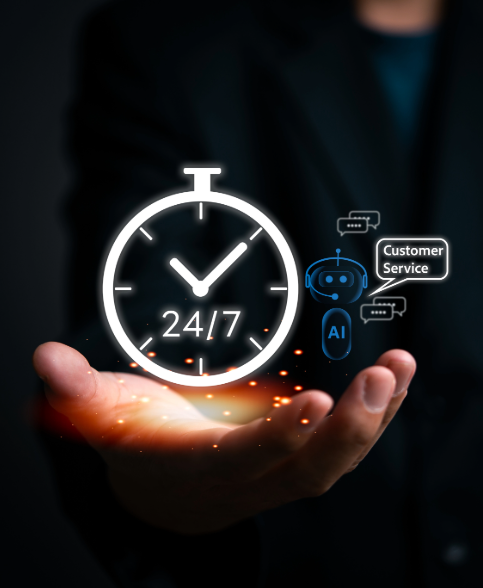AI and Mental Health Support for Activists
Activists often face unique challenges that can take a toll on their mental health, including burnout, stress from constant advocacy, and the emotional weight of working on urgent social justice issues. As the importance of mental well-being becomes increasingly recognized, AI technology is emerging as a valuable tool to support the mental health of activists. With applications ranging from stress detection and counseling chatbots to personalized wellness strategies, AI is helping individuals prioritize self-care and resilience in their advocacy efforts. This article explores how AI can enhance mental health support for activists.
1. Stress Detection and Monitoring
AI technologies can utilize data from various sources to detect stress levels in individuals, providing crucial insights into their mental well-being. Wearable devices equipped with AI algorithms can monitor physiological indicators, such as heart rate variability and sleep patterns, to assess stress and overall mental health.
For example, apps like Moodpath leverage AI to prompt users to record their feelings and monitor their emotional states over time. These platforms analyze patterns in users’ responses, offering insights into stress triggers and emotional fluctuations. By identifying periods of high stress, activists can take proactive steps to manage their mental health, such as engaging in mindfulness practices or seeking support from peers.
2. Counseling Chatbots
AI-powered chatbots are becoming increasingly popular as accessible mental health support tools. These chatbots utilize natural language processing to engage users in text-based conversations, providing immediate support and resources for individuals experiencing emotional distress.
For instance, platforms like Woebot offer cognitive-behavioral therapy (CBT)-inspired interactions delivered by an AI chatbot. Users can engage with the chatbot to discuss their feelings, receive coping strategies, and learn techniques to manage stress. The anonymity and immediacy of these tools make them particularly appealing for activists who may be hesitant to seek traditional therapy due to time constraints or stigma.
By providing around-the-clock access to mental health support, counseling chatbots empower activists to prioritize self-care and find strategies to navigate emotional challenges.
3. Personalized Wellness Strategies
AI can create personalized wellness plans for activists based on individual needs, preferences, and behaviors. By analyzing data collected from users, including self-reported mood, stress levels, and lifestyle habits, AI-driven platforms can offer tailored recommendations for mental health practices.
For example, AI applications can suggest routines that include relaxation exercises, mindfulness meditation, physical activity, and social engagement, all of which are essential for maintaining mental well-being. By tracking users’ progress and adjusting recommendations as needed, these platforms foster an ongoing commitment to mental health and resilience.
Additionally, AI can help identify specific trends and patterns in users’ emotional well-being over time, allowing activists to understand which strategies yield the best results for them.
4. Community Support and Peer Networks
AI can also play a role in connecting activists with support networks and communities that share similar experiences. Platforms that utilize AI algorithms can analyze user profiles and behaviors to facilitate connections between individuals facing similar challenges.
By creating peer support groups, activists can engage in discussions, share coping strategies, and provide emotional support to one another. AI can suggest appropriate groups based on users’ interests and mental health needs, fostering a sense of belonging and encouraging collaboration among activists focused on mental health and resilience.
5. Resource Accessibility and Mental Health Education
AI-driven platforms can enhance the accessibility of mental health resources, making information readily available to activists seeking support. These platforms can curate articles, videos, and podcasts on mental health topics, providing valuable education and outreach.
By analyzing user preferences and engagement patterns, AI can suggest relevant resources tailored to individuals’ specific needs. This educational component empowers activists to better understand their mental health, explore coping strategies, and cultivate self-care practices that promote well-being.
Conclusion
AI applications designed to support the mental health of activists represent a promising advancement in promoting well-being within the advocacy community. From stress detection and counseling chatbots to personalized wellness strategies and peer networks, AI tools are empowering individuals to prioritize their mental health while navigating the complexities of activism. As the challenges faced by activists continue to evolve, integrating AI-driven solutions into mental health support can enhance resilience, foster self-care, and sustain passionate advocacy for social change. By leveraging AI technologies responsibly, we can create a healthier, more supportive environment for those dedicated to making a difference in the world.



